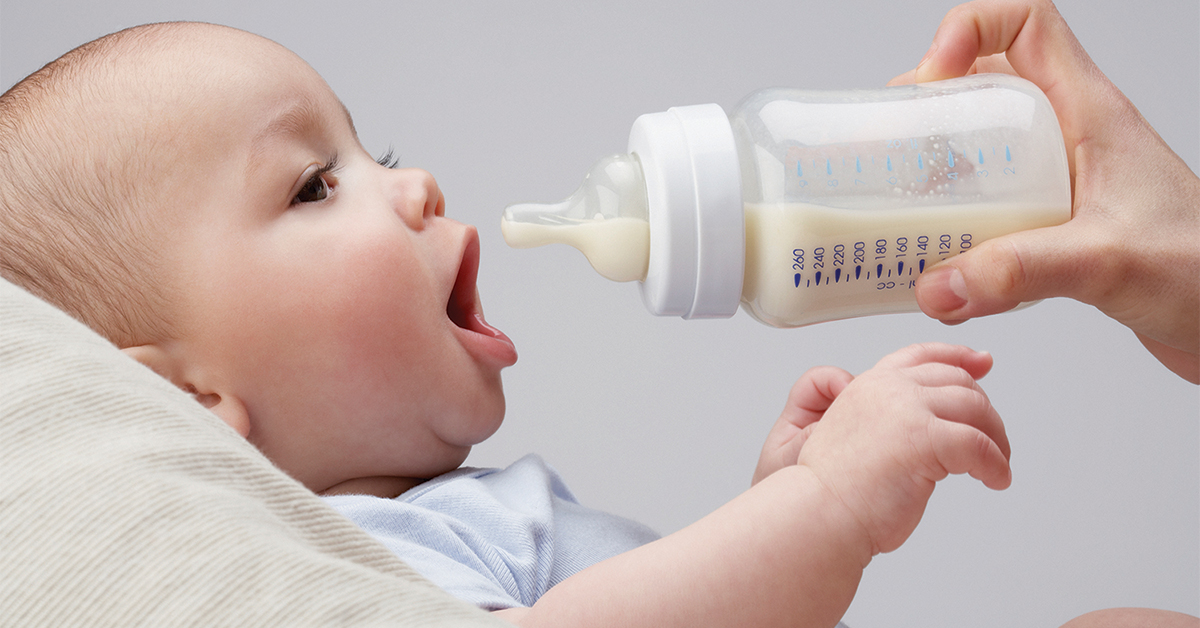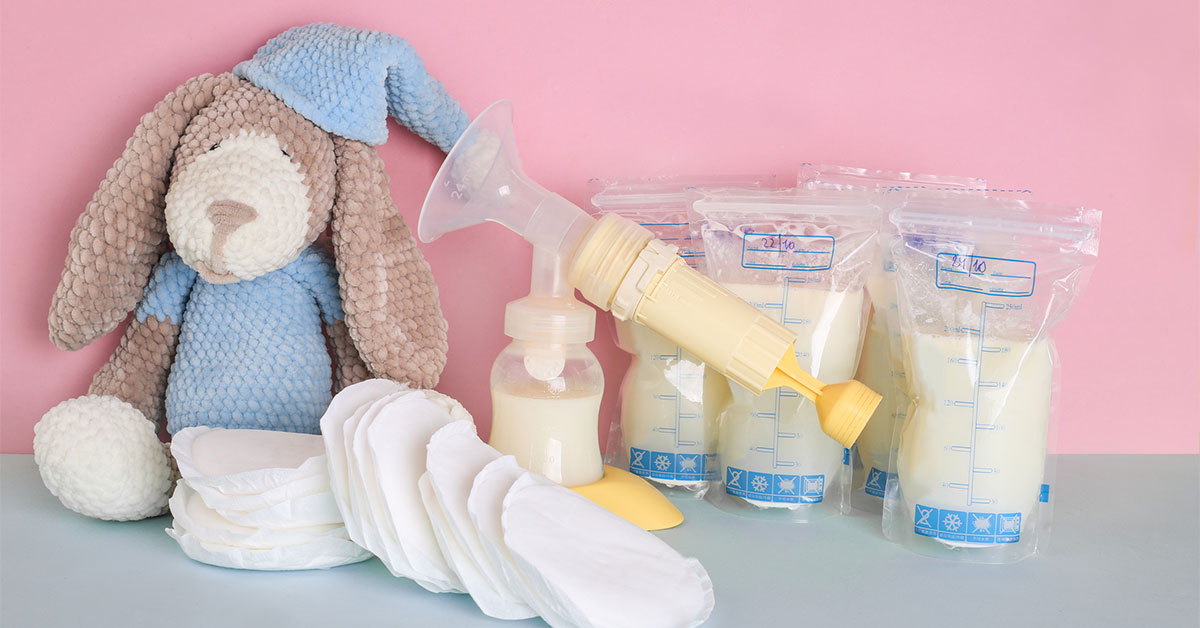Eating right, taking a prenatal vitamin, exercising regularly, and seeing a Welia Health provider for prenatal care are among the ways pregnant women take care of themselves and, in turn, their babies. If you have depression, taking antidepressants may be a part of what keeps you healthy. You may wonder if you should stop taking antidepressants while pregnant or breastfeeding your baby. You and your doctor can weigh the risks of medication against the risk of untreated illness.
Every patient’s treatment and experience are unique. Your Welia Health team will carefully consider your illness and your history with depression, your past experience with medication and the current research on reproductive safety. Additional considerations might include genetics, pregnancy environment, support systems, personal safety, and socioeconomic challenges. If your illness is mild, your doctor might recommend getting off medication and replacing it with alternative treatments such as psychotherapy, prenatal yoga or acupuncture to improve your mood.
Ideally, you and your doctor should decide about antidepressants before conception so changes can be made, if necessary. For example, using a single medication at a higher dosage is preferred over multiple medications. And some antidepressants are preferred over others during pregnancy.
What the research indicates
Some antidepressants have more data to support how safe they are when you’re pregnant. But there is more data every day. Overall it does not appear that antidepressant use increases congenital disabilities. But that doesn’t mean that taking them is risk-free. Research suggests using antidepressants when you’re pregnant may raise the chance of:
- premature birth
- low birth weight
- delayed fetal growth
- neonatal adaptation syndrome
- persistent pulmonary hypertension
While it’s important to identify potential risks of taking antidepressants while pregnant, know that untreated mental illness poses risks to a developing fetus.
In general, people living with depression can struggle to take care of themselves. If you’re pregnant, you might:
- miss prenatal appointments
- skip physical activity
- change your eating habits
- not sleep enough
Women who are depressed while pregnant are more likely to engage in unhealthy or dangerous behaviors like smoking and substance abuse. Babies of moms who are depressed have higher cortisol levels, which raises the baby’s risk of developing depression, anxiety and behavioral disorders later in life and is associated with an increased risk for preterm birth and postpartum depression.
Specific antidepressants and pregnancy
There are a couple of types of antidepressants you can safely take during pregnancy: Selective serotonin reuptake inhibitors (SSRIs) and serotonin and norepinephrine reuptake inhibitors (SNRIs).
- SSRIs: These are among the most prescribed antidepressants and include Citalopram (Celexa), Escitalopram (Lexapro), Fluoxetine (Prozac), Paroxetine (Paxil) and Sertraline (Zoloft). SSRIs are considered some of the safest antidepressants in pregnancy, though not risk-free. Of these medications, citalopram and sertraline have the most evidence to support their safety. But again, more research is being conducted every day.
Taking SSRIs while pregnant can lead newborns to experience adaptation syndrome, a temporary condition where infants might be cranky, have trouble sleeping or have feeding issues. Adaptation syndrome usually goes away within a baby’s first 2 weeks of life. About 30 percent of babies whose mothers take SSRIs will experience neonatal adaptation syndrome, which also can occur in babies whose mothers don’t take SSRIs.
This study published in Obstetrics & Gynecology (November 2007) notes that “Paroxetine (Paxil) should be avoided by pregnant women and women who plan to become pregnant, and fetal echocardiography should be considered for women exposed to Paroxetine during early pregnancy. Because abrupt discontinuation of this drug is associated with withdrawal symptoms and a high rate of relapse, prescribing information about the discontinuation of therapy should be followed carefully.” These early studies did not account for smoking, obesity and other risk factors, which are more common in women with depression.
More recent studies have shown no link with cardiac defects, so talk to your Welia Health doctor if you’re taking Paroxetine and want to learn more. This page from the Centers for Disease Control and Prevention has updated information to consider: Link Between Depression Treatments and Birth Defects.
- SNRIs: This class of drugs is also a common antidepressant and includes duloxetine (Cymbalta) and venlafaxine. According to current studies, there is no higher rate of congenital disabilities in women taking these medications than those who didn’t. There hasn’t been as much research on SNRIs as on SSRIs. Infants whose mothers take SNRIs while pregnant also are at risk of adaptation syndrome. But again, this condition is temporary, with most affected newborns having mild cases. Here is additional information from the American Pregnancy Association about Cymbalta, specifically, Duloxetine During Pregnancy, and recent online information, Clinical Update 2020: Duloxetine and Pregnancy.
Overall, your Welia Health providers want to reduce potential harm to your baby while pregnant, including the medications you’re taking. For some expectant mothers, it makes sense to shift to a higher dose of fewer medications. For others, it’s a greater risk to change a prescription. Medication switching is carefully considered by your doctor and pharmacist.
Welia Health is here for you
Know that the Welia Health team is your partner as you navigate your pregnancy and treat your depression. Talk to us about any questions you may have about taking antidepressants during pregnancy.
Additional resources
Depression During Pregnancy, American College of Obstetrics and Gynecology
Depression during pregnancy, March of Dimes
Depression During and After Pregnancy, Health Resources & Services Administration














